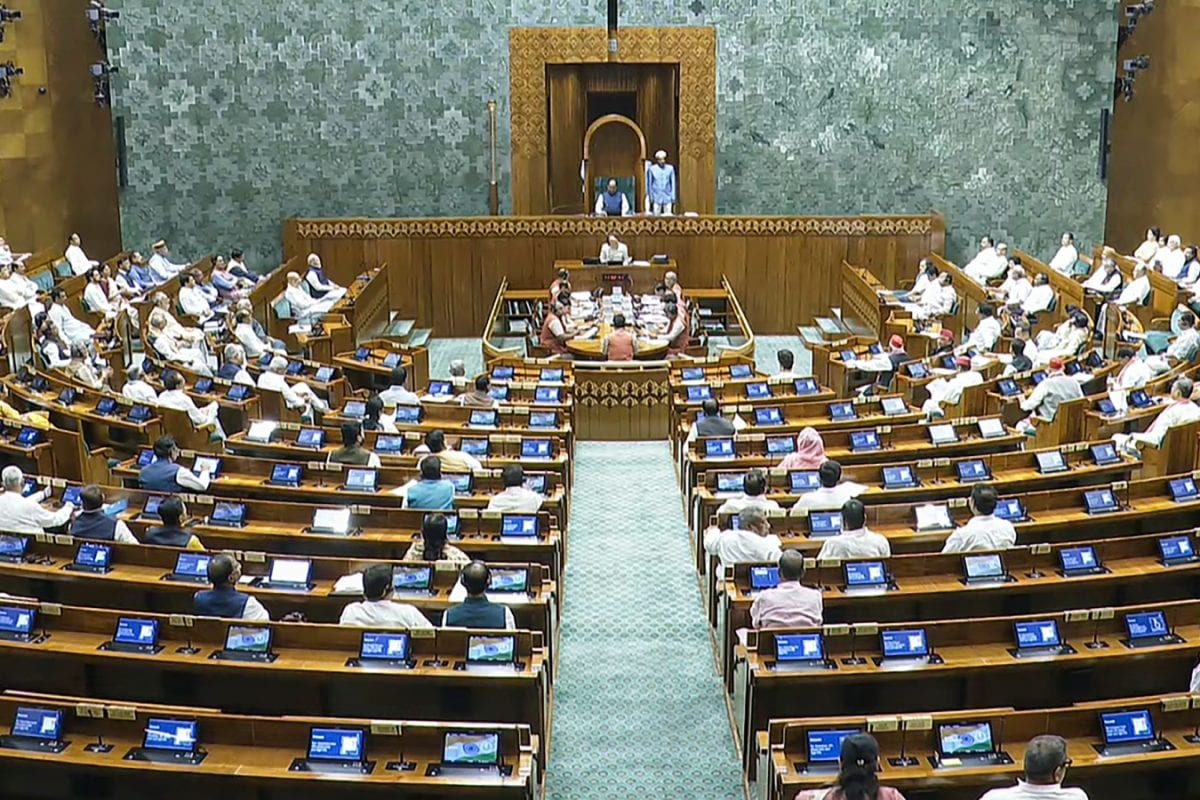

Parliament has been facing disruptions due to the opposition's demand for a discussion on the Election Commission's ongoing Special Intensive Revision (SIR) of electoral rolls, particularly in Bihar. The opposition alleges that the SIR is aimed at disenfranchising a large number of voters, specifically targeting minorities, Dalits, and Adivasis. They claim the exercise is manipulating the electoral system to the government's advantage. The government, however, has rejected the demand for a debate, citing rules that prevent discussions on matters pending before the judiciary or the functioning of autonomous bodies like the Election Commission. Parliamentary Affairs Minister Kiren Rijiju has stated the government is ready for discussion on every issue as per procedures, but the SIR is sub judice.
The INDIA bloc parties are united in their demand for a discussion on the SIR issue, asserting the need to protect the voting rights of all Indians. They accuse the government of attempting to cast doubt on the citizenship of individuals. Trinamool Congress leader Sagarika Ghose mentioned planned protests inside and outside Parliament, along with concerns about attacks on Bengali-speaking people in BJP-ruled states. Congress MP Pramod Tiwari has criticized the government's unwillingness to discuss the SIR issue, especially after Rahul Gandhi's claims of fraud.
Amidst this deadlock, the National Sports Governance Bill, 2025, has emerged as a potential point of focus. Sports Minister Mansukh Mandaviya introduced the bill in the Lok Sabha, aiming to institute a Board with powers to oversee the functioning of sports federations, including the BCCI. The bill proposes a National Sports Board (NSB) to create a stringent system of accountability, requiring all National Sports Federations (NSFs) to attain NSB's recognition for access to central government funding. It also proposes a National Sports Tribunal with the powers of a civil court to decide disputes involving federations and athletes, with appeals only possible in the Supreme Court.
The Sports Bill seeks to bring transparency, accountability, and player-centric reforms to sports associations. It aims to integrate sports with social development, economic progress, tourism, and education. The bill aligns with the National Sports Policy and aims to overhaul the functioning of sports organizations. Key provisions include bringing all national sports federations under the RTI Act and subjecting all sports associations to audits by the CAG. The bill also addresses age caps for administrators, allowing those aged 70-75 to contest elections if international bodies' statutes permit.
The introduction of the Sports Bill comes as India aims to position itself as a global sports powerhouse and strengthen its bid to host the 2036 Olympics. The bill is designed to improve performance in international competitions and transform the sports governance landscape. It also seeks to integrate sports with education, aligning with the National Education Policy (NEP) 2020, and to position India as a manufacturing hub for sports goods.
While the opposition continues to press for a debate on the SIR issue, the government is likely to push for the passage of the Sports Bill in the Lok Sabha. The bill addresses key issues such as transparency, accountability, and ethical practices in sports bodies. It also proposes a unified mechanism for resolving sports disputes and grievances.